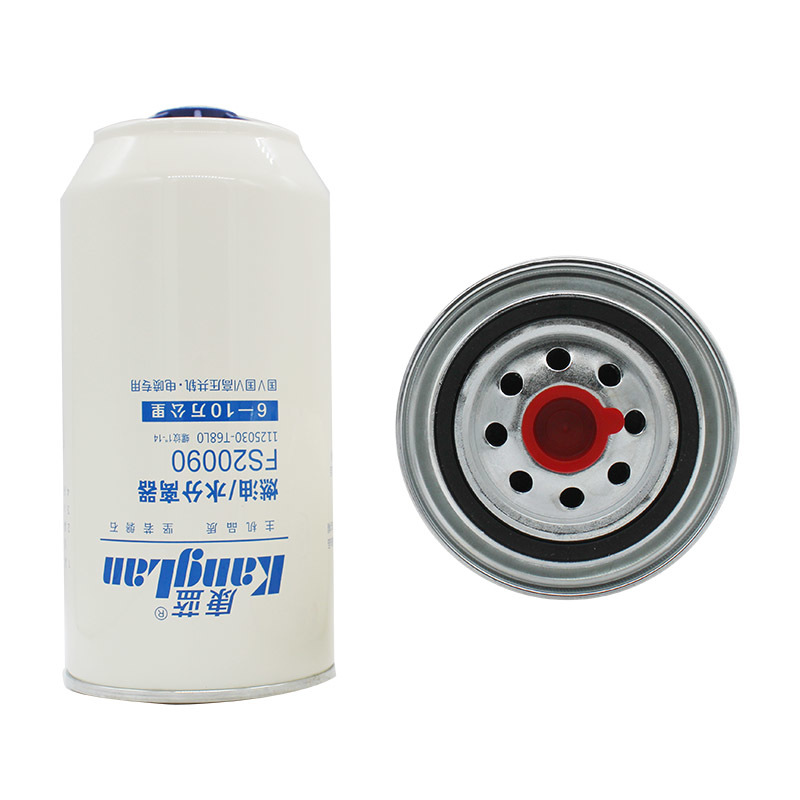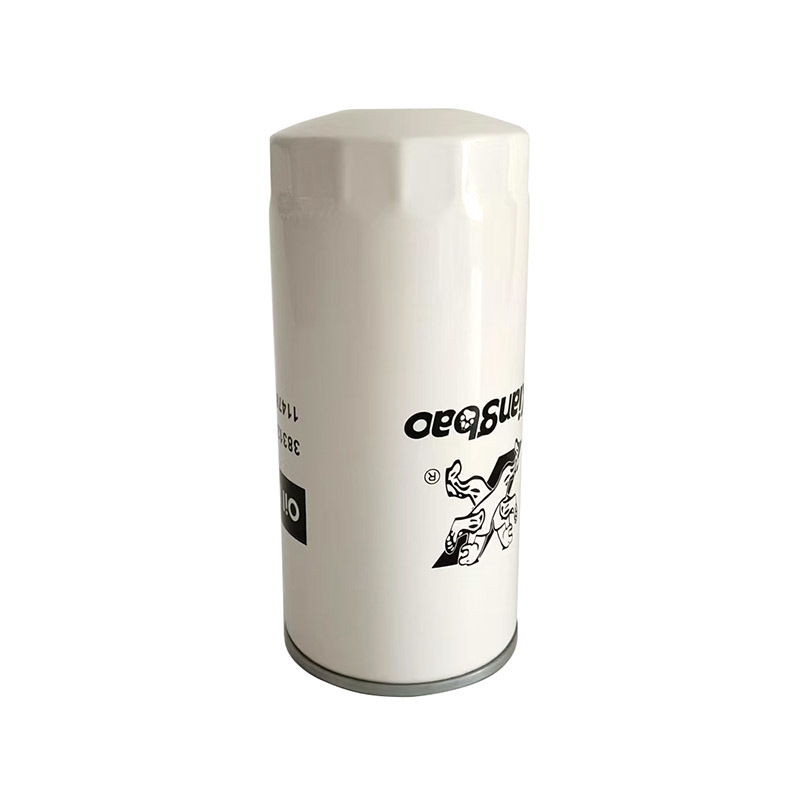Welcome to Hebei Takai Vehicle Parts Technology Co., Ltd.
The Environmental Impact of Using Quality Tractor Oil Filters: A Comprehensive Analysis
Release Time:
Aug 12,2025
The Environmental Impact of Using Quality Tractor Oil Filters Table of Contents 1. Introduction: The Importance of Quality Tractor Oil Filters 2. Understanding Oil Filters: What They Are and How They Work 3. Environmental Benefits of Using Quality Tractor Oil Filters 4. Reducing Pollution Through Effective Filtration 5. Sustainable Practices in Oil Filter Production 6. The Longevity a
The Environmental Impact of Using Quality Tractor Oil Filters
Table of Contents
- 1. Introduction: The Importance of Quality Tractor Oil Filters
- 2. Understanding Oil Filters: What They Are and How They Work
- 3. Environmental Benefits of Using Quality Tractor Oil Filters
- 4. Reducing Pollution Through Effective Filtration
- 5. Sustainable Practices in Oil Filter Production
- 6. The Longevity and Efficiency of Quality Oil Filters
- 7. Best Practices for Choosing and Using Tractor Oil Filters
- 8. Conclusion: The Path to a Greener Future
- 9. Frequently Asked Questions
1. Introduction: The Importance of Quality Tractor Oil Filters
In the agricultural and heavy machinery sectors, the efficiency of equipment and sustainability are paramount. **Quality tractor oil filters** play a crucial role in ensuring that machinery operates smoothly while minimizing environmental harm. These filters are essential components that guard against contaminants, enabling tractors to function effectively and with reduced harmful emissions. This article delves into the environmental impact of using high-quality filters, exploring their benefits, production practices, and best usage methods.
2. Understanding Oil Filters: What They Are and How They Work
To appreciate the environmental impact of quality tractor oil filters, we must first understand their function. **Oil filters** are designed to remove contaminants from engine oil, transmission oil, and other lubricating fluids. They trap dirt, metal particles, and sludge that accumulate during operation. By ensuring that the oil remains clean, these filters help maintain the efficiency and longevity of the engine.
How Oil Filters Function
When oil circulates through the engine, it goes through the oil filter, which consists of several layers of filtration media. These layers capture particles of varying sizes, thereby preventing them from recirculating back into the engine. Quality oil filters are engineered with advanced materials that enhance their filtration capabilities, allowing for better engine protection and lower emissions.
3. Environmental Benefits of Using Quality Tractor Oil Filters
Using quality tractor oil filters brings numerous environmental benefits. Not only do they improve engine performance, but they also contribute significantly to reducing pollution and conserving resources.
Lowering Greenhouse Gas Emissions
A well-functioning engine equipped with a quality oil filter burns fuel more efficiently. This improved efficiency results in lower greenhouse gas emissions. For instance, when contaminants are removed from the oil, the engine does not have to work as hard, leading to reduced fuel consumption and lower CO2 output.
Preventing Oil Spills and Contamination
Quality oil filters are designed to contain and manage any oil leaks effectively. This containment is crucial in preventing oil spills, which can have devastating effects on local ecosystems. By using high-quality filters, farmers and heavy machinery operators can help safeguard their surrounding environments from oil contamination.
4. Reducing Pollution Through Effective Filtration
The role of oil filters in pollution reduction cannot be overstated. By efficiently removing harmful particles from the oil, quality tractor oil filters significantly contribute to cleaner air and water.
Minimizing Particulate Emissions
The fine particles that oil filters trap include soot and unburned hydrocarbons, which are known contributors to air pollution. By ensuring that these particles do not escape into the atmosphere, quality filters help maintain air quality, supporting healthier surroundings for both humans and wildlife.
Enhancing Water Quality
Oil leaks can lead to severe water pollution, affecting aquatic life and drinking water sources. Quality tractor oil filters prevent such leaks, ensuring that oil does not seep into the soil or waterways. This proactive approach plays a pivotal role in maintaining clean and safe water resources.
5. Sustainable Practices in Oil Filter Production
The environmental impact of quality tractor oil filters extends beyond their use; it also encompasses their production. Sustainable manufacturing practices are vital in minimizing the overall ecological footprint of oil filters.
Using Recyclable Materials
Many reputable manufacturers prioritize the use of recyclable materials in their oil filter production. This commitment not only reduces waste but also lessens the demand for virgin resources. By choosing filters made from recyclable components, consumers can contribute to a more sustainable manufacturing process.
Reducing Energy Consumption in Production
Innovative technologies in filter manufacturing have led to more energy-efficient processes. Manufacturers that adopt these technologies can produce oil filters with minimal energy consumption, thereby reducing their carbon footprint.
6. The Longevity and Efficiency of Quality Oil Filters
Quality tractor oil filters are not just about environmental sustainability; they also offer enhanced longevity and efficiency.
Extended Service Life
Investing in high-quality filters means fewer replacements over time. Quality oil filters are designed to last longer and perform better under various conditions. This durability not only saves money for operators but also reduces the environmental impact associated with frequent disposal of inferior filters.
Improved Engine Performance
Efficient oil filtration directly correlates with improved engine performance. Quality filters ensure that the oil remains clean, leading to smoother engine operation, better fuel economy, and reduced emissions. This performance enhancement benefits both the operator and the environment.
7. Best Practices for Choosing and Using Tractor Oil Filters
To maximize the environmental benefits of tractor oil filters, it's essential to follow best practices when selecting and using them.
Choosing the Right Filter
Selecting the right oil filter is crucial. Operators should consider the specifications of their machinery and choose filters that meet or exceed manufacturer recommendations. Quality brands typically provide detailed information about their products, helping consumers make informed decisions.
Regular Maintenance and Replacement
Adhering to a regular maintenance schedule is vital in ensuring optimal filter performance. Operators should replace oil filters as recommended to prevent engine wear and maintain environmental benefits. Regular checks can also identify potential issues before they become significant problems, further reducing the environmental impact.
8. Conclusion: The Path to a Greener Future
The environmental impact of using quality tractor oil filters is significant and multifaceted. From reducing emissions and preventing pollution to supporting sustainable manufacturing practices, high-quality filters play a crucial role in promoting a healthier planet. By choosing quality over quantity, operators can contribute to a greener future, ensuring that agricultural and heavy machinery practices align with environmental sustainability goals. Quality tractor oil filters are not just a necessity for machinery; they are a commitment to protecting our environment for generations to come.
9. Frequently Asked Questions
What are the primary benefits of using quality tractor oil filters?
Quality tractor oil filters provide enhanced filtration, reduce emissions, prevent pollution, and improve engine performance, contributing to a more sustainable environment.
How often should I replace my tractor oil filter?
It's generally recommended to replace your tractor oil filter at every oil change, or as specified by the manufacturer, to ensure optimal performance and environmental protection.
Can using a cheaper oil filter harm my tractor?
Yes, cheap oil filters may not provide adequate filtration, leading to increased engine wear, reduced efficiency, and higher emissions, ultimately harming your tractor and the environment.
How do quality oil filters support sustainable agriculture?
Quality oil filters enhance equipment efficiency, reduce pollution, and minimize waste, helping to create a more sustainable agricultural practice.
Are there any eco-friendly oil filters available?
Yes, many manufacturers produce eco-friendly oil filters made from recyclable materials and with sustainable production methods, allowing consumers to make environmentally conscious choices.
By following these guidelines and understanding the environmental impact of quality tractor oil filters, operators can contribute significantly to a cleaner and more sustainable future.
You Can Also Learn More About Industry Trends










